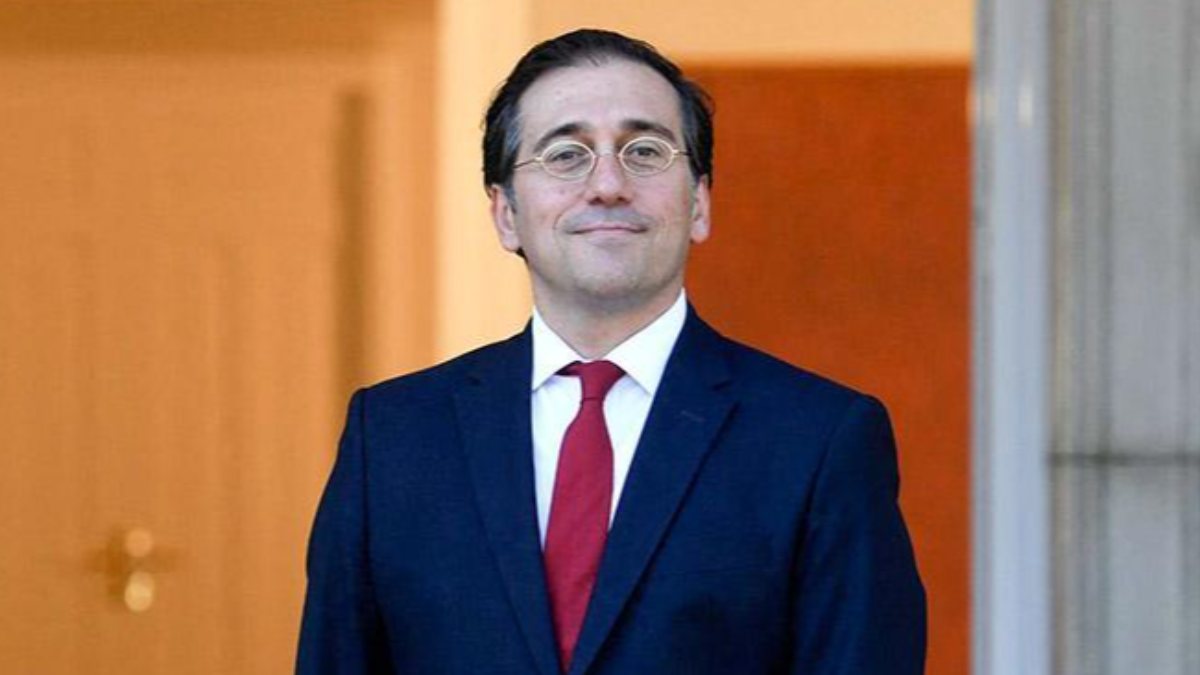Political parties in Spain have kicked off their campaigns with mutual accusations ahead of general elections on April 28, which could produce unexpected results.
COMPELLING ELECTION RICE
Parties are looking for ways to persuade a high percentage of undecided voters 41% according to polls. While right-wing political parties are highlighting the Catalonia independence problem, the left wing is highlighting the rising right-wing threat. In previous elections, parties held more moderate campaigns for coalition prospects. However, 2019’s campaign started with a declaration of red lines and strong accusations.

After December’s parliamentary elections in the southern Andalusian autonomous region, the conservative Popular Party (PP) established a coalition government with the center to center-right Citizens (C’s) Party and the far-right Vox Party.

It is expected that the three parties will maintain their alliance post-elections. However, polls published so far in Spain’s media predict that the total number of deputies of the PP, C’s and Vox parties will not be enough consist majority in the parliament. The polls also show that the total votes of the ruling Socialist Workers’ Party (PSOE) and Podemos Party will not be enough to put the leftist bloc in charge.

Even though a coalition between PSOE and C’s would secure the majority to form a government, C’s has already rejected forming such an alliance. C’s leader Albert Rivera said “there will be no agreement, no matter what” after elections with PSOE leader and current Prime Minister Pedro Sanchez, accusing him of buckling under the demands of “the separatist Catalans”.
Only a month after the general elections, the Spanish people will head to the ballot boxes once again on May 26 for the European Parliamentary elections, as well as regional and local elections.













